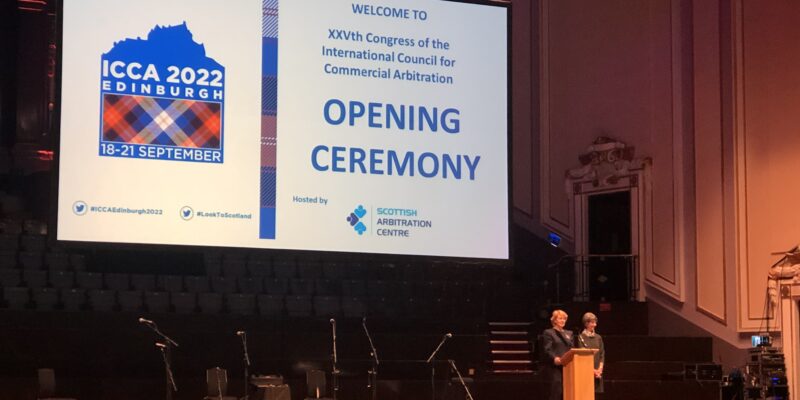ICCA Edinburgh 2022: ISDS, Regional Perspectives, New Frontiers in International Arbitration and More: Some Highlights of the Second ICCA Congress Day
The second day of the ICCA Congress took place on Tuesday, September 20. Delegates gathered in the morning for the presentation of the inaugural ICCA Guillermo Aguilar-Alvarez Memorial Prize, established in honour of former ICCA Governing Board Member Guillermo Aguilar-Alvarez. Professor Stefano Azzali said a few words on the life and career of Guillermo, fondly…

